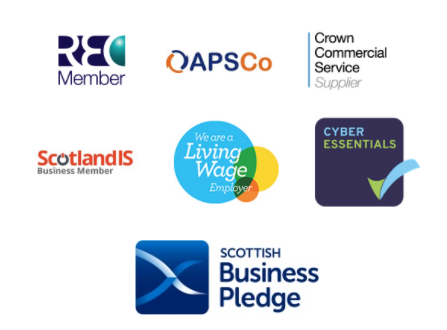

IR35 is highly complex tax legislation that came into effect in 2000, and has undergone significant iterations in the years since. It is designed to combat tax avoidance by workers who supply their services to clients via an intermediary, such as a limited company (PSC), but who would be an employee if the intermediary was not used. Such workers are called ‘disguised employees’ by Her Majesty’s Revenue and Customs (HMRC).
In the Budget Statement in October 2018, the Government announced its intention to reform the legislation changes around Off Payroll Workers (also known as IR35) in the Private Sector – an extension to the changes implemented in the public sector in April 2017.
For clarity, ‘Off Payroll Workers’ simply means contingent workers (contractors and temps) – it is not something different to IR35. It applies to workers who operate through a Personal Services Company (PSC), also referred to as a Limited Company.
It applies only to Medium and Large companies – small companies are exempt from the legislation.
A medium and large company is classified as having 2 or more of the following:
Determining IR35 status of a worker is up to the client.
The main criteria used for assessing IR35 status are:
We'd also recommend that you consult your legal department or accountant before putting any contracts in place, but if you have any questions about what's best for your organisation or assignment, we will be happy to offer our view.
Need more info? Check out the government guidance here.
Whether you’re looking to hire for your team or you’re looking for higher rewards in your career, knowledge is power. And we’re here to give it to you. The results of our annual tech sector survey are out now – with our 2025 Salary Benchmark and accompanying Career Trends Report. To get your hands on both, we just need a few details...

